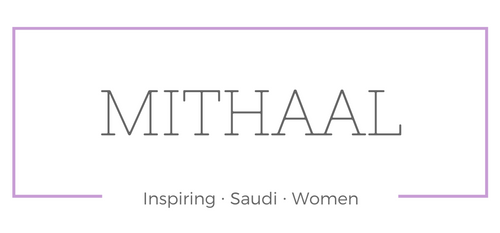Davos: One woman's attempt to change Saudi Arabia
/A mere 18% of all delegates at the conference are female, and women under 30 are rarer still - especially if they are from Saudi Arabia.
But the 28-year-old is unusual for other reasons, too.
She's a leading financial analyst at the world's biggest oil and gas company, Aramco, managing a multi-billion dollar budget, and she is one of the Forum's "Global Shapers" - a title awarded for her work in encouraging more young women to enter Saudi Arabia's male-dominated workforce.
What's more, she's currently in training for the Rio Olympics later this year. where she will be competing as part of the kingdom's first ever female fencing team.
By her own admission, she's an "outlier" in the country.
Culture shock
Only one in five women of working age in Saudi Arabia is employed, according to the World Bank, and the collapse in the oil price has added further pressure, as many companies now cannot afford to nurture talent.
Rawan puts her success down to her "very progressive family".
"
My dad taught us independence since we were very young," she explains.
Two of her older sisters went through the traditional Saudi education system, but Rawan wasn't impressed with the results, wanting "something more".
Luckily, she was one of the first to benefit from the late King Abdullah's scholarship programme, launched in 2005 to help young, ambitious Saudis study in the United States.
The University of Maine, where she studied finance, was a culture shock.
Undergraduates quizzed her on why she didn't wear a hijab, whether women were really banned from driving in the Kingdom, and whether she would ever accept an arranged marriage.
She also learnt to fence, and travelled widely within the US.
But ultimately, home beckoned. "I missed my family, so I decided to come back to Saudi," she says, without a hint of regret."If you see the campus of Aramco, you wouldn't blame anyone for wanting to work there".
'It's so heartbreaking'
Through the Al-Khobar Global Shapers hub, which she founded, Rawan works with local schools (only girls' schools, she's not allowed in boys' schools) visiting classes and trying to inspire others to follow career paths such as her own.
"You can see it in their eyes; they want to be engineers, they want to be lawyers, but they lack the guidance, they lack the resources," she says.
"It's so heartbreaking."
But despite the obvious barriers for enterprising young girls in Saudi Arabia, such as the ban on women driving or on leaving the house unaccompanied, Rawan argues it's more what happens in homes that matters.
"Unfortunately, a lot of girls, their career path is not only determined by who they think they want to be, but also the culture, their background.
"We try and push them, but it's how they push their parents, to get them to agree."
Perhaps unsurprisingly, Rawan is guarded in her criticism of the Saudi administration, nor would she be drawn on the debate about over-supply in the global oil market.
She insists the government are "trying their best" to expose young people to role models like her, and to get more women into work.
'Saudization'
One example she cites is the Nitaqat scheme - or "Saudization" as it's colloquially known - designed to encourage firms to employ fellow citizens, rather than foreigners.
"If you hire a Saudi male, you get a point into your programme," says Rawan, "but if you hire a female, you get two points".
She is also keen to point out that, at least at her workplace, women are given equal opportunities.
"The only difference is that we wear Abaya (black robes). I spoke to a couple of people who work at Exxon Mobil and Shell, and we do exactly the same thing!"
As for driving, Rawan is content to have a chauffeur, although she'd "prefer to have the option" to have her own car, and is convinced the regulations will be relaxed in the next few years.
She also says many of her contemporaries flout the law, and leaving the house unattended is commonplace.
But you get the sense that Rawan plays down the harsher aspects of the kingdom, out of the belief that taking on the authorities would distract from the advances being made by women like her.
"I truly believe that change is happening," she says.
For now, however, Rawan's immediate focus is on fencing. The next few months will bring several training sessions and tournaments, all while holding down a demanding full time job.
Is she confident of making it all the way at Rio 2016?
Rawan chuckles nervously - "Hopefully, Insha'Allah!"
Orginally Published on BCC News

